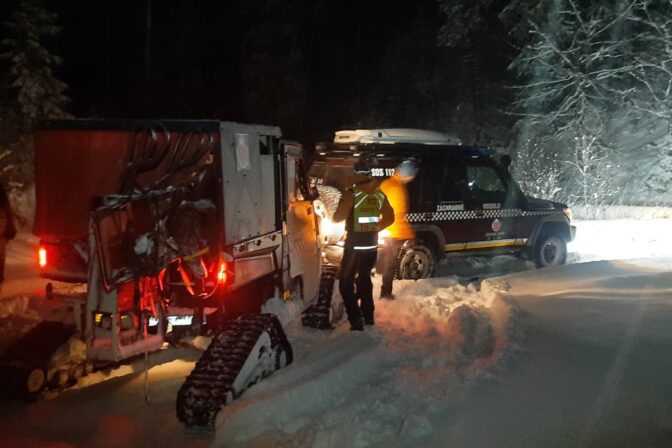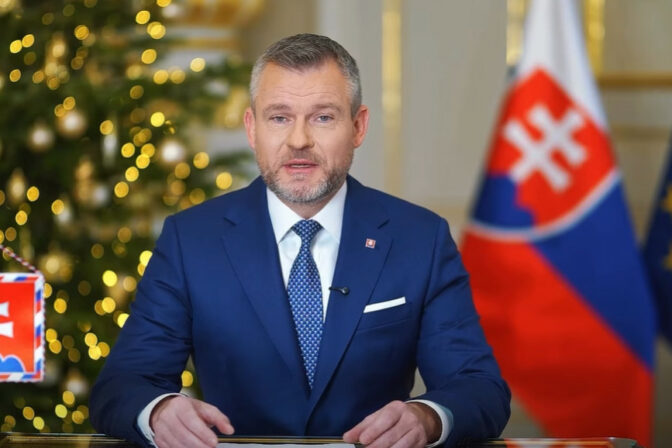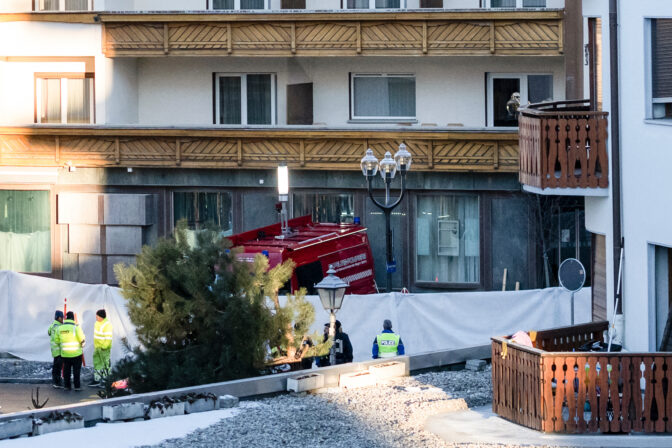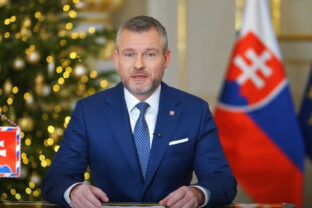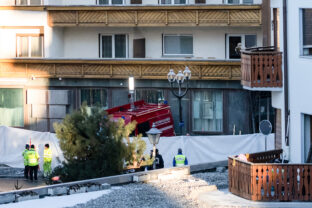BRATISLAVA, March 18, (WEBNOVINY) – The Slovak Republic perceives the adoption of the UN Security Council resolution on a no-fly zone over Libya as a “step of the international community aiming at stopping violence against the civilians in Libya that we are witnessing”. The Foreign Ministry’s press department issued a statement on Friday, according to which the “Slovak Republic will support all steps leading to restoration of peace and formation of a free plurality society in Libya”. The adoption of the resolution of the UN Security Council represents the “legal basis for potential measures of the international community in order to protect the lives of Libya’s citizens with the objective to prevent further attacks on them.”
The failure to fulfill the previous UN Security Council resolution and ongoing violence against civilians showed Libya’s unwillingness to resolve the existing situation without the use of power. The Slovak government is convinced that the situation in Libya requires a thorough application of a wider range of measures, including economic and political isolation of the regime that abuses military force against its own citizens, the Foreign Ministry adds in the statement.
In reaction to the latest U.N. Security Council resolution on Libya Slovak Defense Minister Lubomir Galko rushed to state that Slovakia will act as a reliable NATO member and support all moves towards peace. The minister told journalists on Friday that Slovakia would not obstruct NATO’s actions in Libya. Nonetheless, Galko doubts that Slovak troops have capabilities necessary for deployment in the country taken the latest situation there.
The Defense Ministry is waiting for the NATO operation plan to be approved. A list of requirements for operation will be elaborated based on the material. “Only then can we decide whether or not to participate in it,” the minister asserted. Presently, the operation plan is being discussed by alliance members’ ambassadors to NATO.
Galko cannot imagine that Slovakia would refuse to make its skies available to NATO aircrafts. The Armed Forces keep a field hospital constantly prepared. Nonetheless, the minister considers a military intervention a last resort.
SITA


